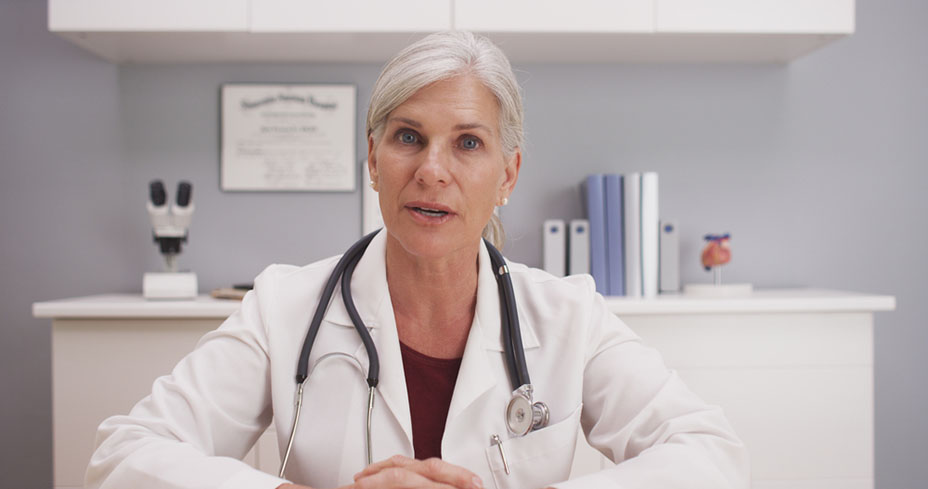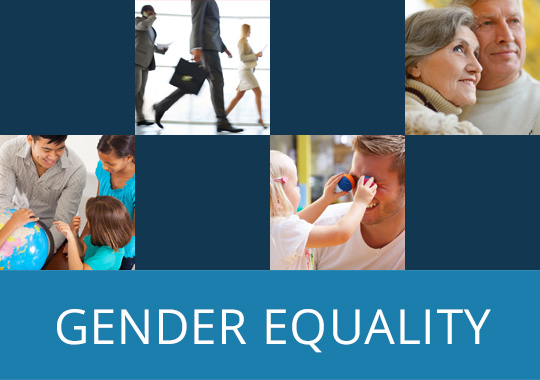Health and drug use

Gender roles and inequalities, including an unequal access to resources, as well as other social factors produce different health risks and result in unequal access to health information, care, and services for women and men. Biological differences also imply that women have particular health concerns and needs, especially related to sexual and reproductive health and rights. Increasing evidence from all fields of health research (concerning both biomedical and psycho-social mechanisms) also shows that risk factors, clinical manifestation, causes, consequences and treatment of diseases may differ between men and women. Prevention, treatment, rehabilitation, care-delivery and health promotion therefore need to be adapted to women's and men's differing needs, moving beyond a situation whereby men have traditionally been the only reference and focus of health-related research and services. The impacts of sex and gender differences must be taken into account in health policy planning, research, delivery of health services, and in the monitoring of these, in order to improve the quality, efficiency and effectiveness of health policies and health care services for both women and men, and in order to achieve gender equality in the health sector.
Gender mainstreaming on health and drug use-related work at the Council of Europe
The 2008 Committee of Ministers Recommendation on the inclusion of gender differences in health policy, requires member states to “make gender one of the priority areas of action in health through policies and strategies which address specific health needs of men and women and incorporate gender mainstreaming”.
The Council of Europe International Cooperation Group on Drugs and Addiction (Pompidou Group) has been a pioneer in the integration of a gender equality dimension in drug policies in Europe, with activities since 2014. The study "The gender dimension of non-medical use of prescription drugs in Europe and the Mediterranean region" identified women as a “high risk category for non-medical use of prescription drugs” and showed a link between women victims of violence and the use of prescription drugs. The Pompidou Group organised several events on the topic and produced a number of publications as well as a video. Some of the issues addressed included the gender equality dimension of non-medical use of prescription drugs, women, drugs and violence and drug-facilitated sexual assaults. The website of the Pompidou Group also has a section on gender equality.
Relevant committees of the Council of Europe’s Directorate for the Quality of Medicines and Healthcare (EDQM) are starting to consider gender equality aspects in their work, including the European Committee on Organ Transplantation (CD-P-TO) and the European Committee on Pharmaceuticals and Pharmaceutical Care (CD-P-PH). In its latest Newsletter "Transplant" the EDQM has for the first time collected data disaggregated by sex for both organ donors and recipients. This method is in line with the commitment of the CD-P-TO to take due account of a gender perspective in the performance of its taks and to strive to achieve gender mainstreaming in all its policy areas.
Council of Europe's activities and tools
- Fertility preservation: A guide for people facing an illness or life events that may affect their fertility, European Committee on Organ Transplantation (CD-P-TO), 2021
- Human rights in biomedicine: Integrating a gender equality perspective, Report, Committee on Bioethics (DH-BIO), 2020
- Obstetrical and gynaecological violence, Report, Committee on Equality and Non-Discrimination, Parliamentary Assembly, 2019
- Donation of Oocytes: A guide for women to support informed decisions, Publication, European Committee on Organ Transplantation (CD-P-TO), 2018
- Newsletter Transplant 2018, Publication, European Directorate for the Quality of Medicines and Healthcare (EDQM), 2018
- A Gender Perspective on Drug Policy, Video, Pompidou Group, 2018
- Violence, Women and Rape Drugs, Synthesis Report, Pompidou Group, 2017
- Improving the management of violence experienced by women who use psychoactive substances, Study, Pompidou Group, 2016
- Introducing a gender dimension into drug policy, Leaflet, Pompidou Group, 2016
- The gender dimension of non-medical use of prescription drugs in Europe and the Mediterranean region, Study, Pompidou Group, 2015
- Violence experienced or perpetrated, and psycho-active substance use among women in Europe and in the Mediterranean region, Literature review and identification of lines of research, Report, Pompidou Group, 2015
- The Pompidou Group role in integrating a gender dimension of drug policies, Factsheet, 2015
- Committee of Ministers Recommendation on the inclusion of gender differences in health policy, 2008
Other resources
- United Nations Commission on Narcotic Drugs Resolution 59/5 on Mainstreaming a gender perspective in drug-related policies and programmes, 2016
- Women and health section of the Beijing Platform for Action
- World Health Organisation activities on gender equality and health
- Section on health of the European Institute for Gender Equality (EIGE) - gender mainstreaming platform
- Statistics on gender equality and health of the European Institute for Gender Equality
- State of women’s health in the European Union, Report, European Commission, 2009
- Gender mainstreaming for health managers: a practical approach, Manual, World Health Organisation
- Medical Women’s International Organisation
- European Institute of Women’s Health
- International Planned Parenthood Federation Europe Network



